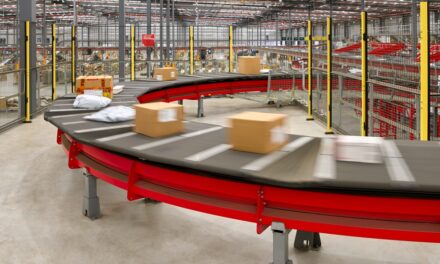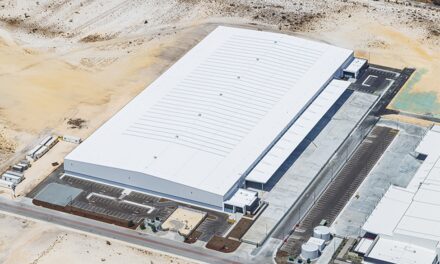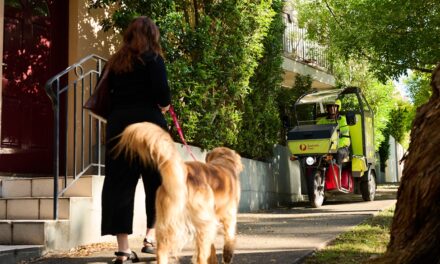
AAE joint venture struggles
Qantas’s air-freight joint venture with Australia Post has barely broken even this year, and the result has been blamed on a slump in parcel volumes due to the economic slowdown, reports The Brisbane Times. The article continues:
Corporate filings show the profit of Australian Air Express (AAE) slumped to $119,000 for the year to June, down from $17.6m the year before and a marked deterioration on the profit of $30.2m recorded for 2006-07.
The latest slump is a blow to the previous Qantas management’s strategy of focusing on freight as a large growth avenue. This had been highlighted by the airline’s expansion into the Asian freight market in recent years and the $750m acquisition of the road freight group Star Track Express, which it made with Australia Post in 2003.
AAE’s chief executive, Wayne Dunne, conceded that the past year had presented the ”most challenging” trading conditions since the joint venture was formed in 1992. ”Quite simply, it’s due to the effects of the global financial crisis and the economic downturn in Australia. It’s just a volume decline.”
Dunne would not comment on suggestions that AAE had lost clients to Toll Holdings’ air-freight operations and dismissed speculation that Qantas charged well above the going rate for the lease of aircraft.
He said trading conditions had stabilised and he was hopeful of a material improvement this month before the traditional Christmas rush – ”[but] the challenge is still there, believe me”.
The company’s total revenue fell to $565m this year, from $609m in 2007-08.
Despite talk of economic ”green shoots”, Qantas is still wallowing in its worst profit slump since it was floated in 1995. Last month Australia Post revealed a 40% profit slide over the past year due to a decline in posted letters and parcels.
AAE’s fleet includes four 737-300s, three BAe-146 jets and a range of smaller turboprops. It uses the belly space in Qantas and Jetstar planes to offer a door-to-door package delivery service. In late 2006 the company, which has a workforce of 1242, began moving from 727 freighters to the more fuel efficient 737s, which it leases from a Qantas subsidiary.
Industry insiders say the joint venture faces strong competition from Toll’s air-freight service, and that it cannot pick up incremental freight between Adelaide, Sydney, Melbourne and Brisbane because that market can be met by trucks.
Dunne said the company was now focused on ”rebuilding” after a tough year, but he declined to outline what this might involve, citing commercial confidentiality.











